Why We Procrastinate and How to Stop: Lessons from a Cookie and a Radish

That project you're responsible for is due tomorrow and you're kicking yourself. You had more than a week to get it done but you're only starting now. If you had just done a little bit everyday, you'd be less stress and much closer to completion by now. But you didn't. You procrastinated.....again.
You are not alone. Even the most successful leaders find themselves putting off important tasks. Why do we procrastinate even when we know that it's not in our best interest? More importantly, how do we break free from this cycle?
Cookies, Radishes and Procrastination
In 1998, researchers conducted an experiment that would change the way we look at willpower. Participants of the experiment were randomly placed in two groups. Each group was then asked to sit in a room with a bowl of chocolate cookies and a bowl of radishes. Participants in the cookie group were told that they were allowed to eat the cookies but were asked not to eat the radishes. Likewise, participants in the radish group were allowed to eat the radishes but were asked not to eat the cookies. The participants were typically told that they were there to study various aspects of cognitive performance, problem-solving, or taste perception. But in reality, the researchers were studying willpower.
After participants resisted eating either the radishes or the cookies, researchers then brought in a maze puzzle for the them to solve. The maze itself was unsolvable. But the participants were never told this. As they attempted to solve the puzzle, the participants from the cookie group seemed relaxed. Even though they could not solve the puzzle, they were more likely to try multiple attempts before giving up. And they weren't as easily frustrated by their failure to solve the puzzle. Since participants from the cookie group did not have to use their willpower to resist eating the cookies, they still had plenty of willpower left to work on the puzzle without giving up.
In contrast, the participants from the radish group grew visibly frustrated when trying to solve the puzzle. Some complained how the experiment was a waste of time. Some miffed at the researchers as they returned to the room. They grumbled to themselves. And in general, they gave up on the puzzle more quickly. What was happening here? Why was there a difference between the reactions of the two groups? The researchers concluded that participants from the radish group had already used much of their willpower to resist eating the cookies. When it came time to solve a difficult puzzle, they simply did not have enough willpower to continue.
This experiment changed the way we looked at willpower. Prior to this research, people in society who demonstrated willpower were believed to have an endless supply of it. What we learned, however, is that willpower is more like the battery in your smartphone. Once the battery is drained, you can't use your phone until you charge it again.
How is this related to procrastination? We've learned from research that it matters when you decide to work on something that is hard. The more you push off that thing you've been asked to do, the harder it will be to finish. For example, Let's say you have a project that you're not looking forward to completing. Since you're not excited about it, you decide to come back later in the afternoon to do it. But throughout the day, you have to work on a ton of other tasks. You sit through meetings. You respond to endless emails. You field concerns from team members, clients, and stakeholders alike. You plan for upcoming projects. You check in with your team and you follow up on what you've asked them to work on. When you finally come back to the project you put off, you find that you just don't have the energy to get started. So you decide to put it off until tomorrow when you are refreshed.
But the issue isn't about not having the energy. The issue is that you've already used your limited supply of willpower to accomplish everything else in the day. And now you simply do not have enough willpower left to push through. You're trying to complete an impossible puzzle after resisting chocolate chip cookies all day.
One of the keys to solving procrastination is to work on the hard things while your willpower is full. For example, start your day by working on the task that you least want to do. That may not sound like the most fun way to kick off your morning. But if our goal is to stop procrastination in its tracks, research has shown that this step is essential.

Focus on Momentum
Sometimes procrastination doesn't happen because a task is difficult. Sometimes it happens because we know that the task will take a long time to complete. We think, how can I spend so much time on this one thing when there are so many other things I have to do. I know this is important, but I'll come back to it later when I have more time.
Moments before she was due to compete, Simone Biles stood in front of the bathroom mirror crying. She had been dreading this day for the past few weeks and now it was here. Simone loved gymnastics and loved to compete. But at the age of 15, she had not yet become the world renown gold medalist that she is known as today. And at that moment, she had not yet mastered a complicated release-and-catch moved known as the tkatchev. The tkatchev is named after its creator, Soviet gymnast Alexander Tkatchev. It involves a high-flying release from the bar, followed by a re-grasp of the bar in a different grip. In practice, Simone would fail to execute the move time after time. She had been trying to get it right for several months but couldn't do it consistently. In fact, she had only done it once in the past couple of weeks. And now, she was about to attempt it in a live competition for the first time.
As Simone stood in the bathroom crying, another girl from her group, Lexie Priessman walked in and heard her. Lexie Priessman was also on the national team and had won the all-around title in a different competition the year before. Simone described her problems to Lexie by telling her that she hadn't caught the bar while doing the Tkatchev a single time during warm ups. "I've tried everything, and it's not working", recounted Simone.
While Simone tried to control her tears, Lexie gave her the best advice she could. As Simone recounted in her memoir, Courage to Soar, Lexie told her "...I used to have a lot of trouble on Tkatchevs too. This is what helped me: just let go of the bar so early that you think you're going to land on the bar. It'll feel too soon. But just go ahead and do it..."
Desperate, Simone would have tried anything at that point. As she swung around the bar during her Tkatchev routine, she replayed in her mind what Lexie had told her. "Let go of the bar so early that you think you're going to land on the bar..." She did. And for the first time in a live competition, Simone Biles caught the bar and executed the Tkatchev.
What was the difference. Up until that point, Simone was focused too much on the finish — On catching the bar. But Lexie's advice was different. Lexie's was essentially telling Simone to not worry about the end. Let go of the bar early and trust that the momentum will carry you to the finish. Momentum was the key.
Many people face a similar challenge when they have a big task to complete. They get caught up thinking about the finish. And about how much they have to do to get to the end. As a result, they time it wrong and miss the bar completely. Similar to the Tkatchev, the best way tackle a big project is to not focus on the end but to focus on momentum. From the beginning of the project, set smaller milestone goals that you can achieve every day. It may feel like you're stopping early. But your goal isn't to finish the project in one day. Your goal is build momentum that will make reaching the end feel effortless. The milestones you setup should be based on how much time you have. For example, if you have a week to write ten performance reviews for you team, set aside time to do 2 a day. It may not feel like much on day one. You may think, "let me just write another one". But remember, you're protecting your willpower and building momentum at the same time. And by the end of day 3, you'll be 60% done.
The key to curbing procrastination is often building momentum. Breaking down your tasks in to smaller tasks will allow you to snowball your efforts more easily.
Embrace the Two-Minute Rule
At other times, procrastination is less about how big one task is, and more about the sheer amount of tasks you have to do. As your day goes on, your to-do list gets longer and longer. At first, the to-do list makes you feel great because it helps you feel organized. You know exactly what you need to do to be successful that day. But as the list gets longer, it starts to feel overwhelming. And while you may be able to check off a few things, there are still so many things on your list left to do. It can be difficult to even know where to start. And that's when procrastination begins to sneak in.
Author David Allen has a remarkable tactic to avoid this. In his book Getting Things Done: The Art of Stress Free Productivity, Allen introduces his readers to the 2-minute rule. The 2-minute rule says that if you have a task that will take less than 2 minutes to complete, you should do it right then instead of adding it to your to-do list. This is because a 2-minute task will typically take longer to organize and review than it would to complete. The tactic is simple. But it can be remarkably effective. With this approach, you not only keep your to-do list as small as possible, but you also keep your momentum high. Maintaining momentum and managing workload are elements that are both important to preventing procrastination. Allen believe this works so well because it's "tricking you into making an executive decision about what is the next thing that needs to happen." It also gets you into the habit of taking small actions more often. And that alone reduces procrastination.
. . .
For many people, procrastination can feel like a paralyzing cycle that is impossible to break free from. But it doesn't have to be. Keeping your to-do list small, breaking your tasks down into milestones and tackling them when your willpower is full will help your projects feel manageable.

